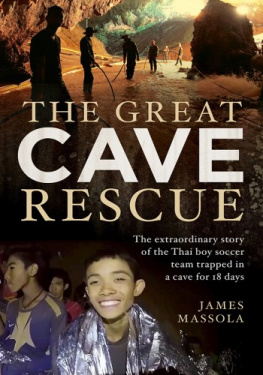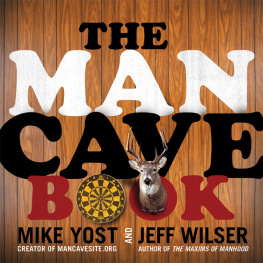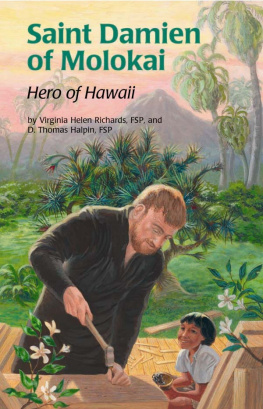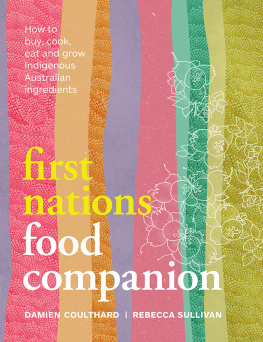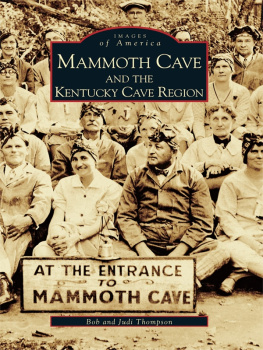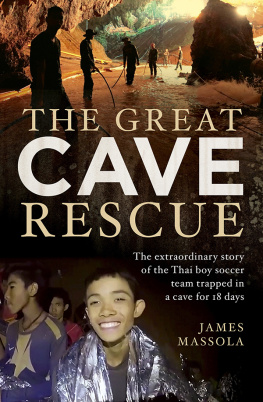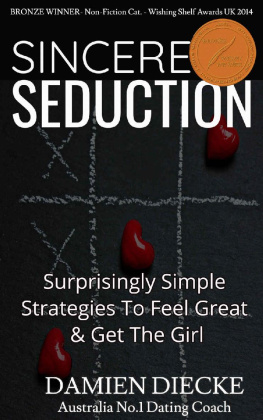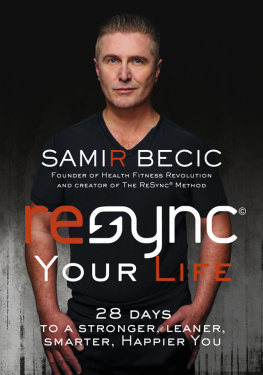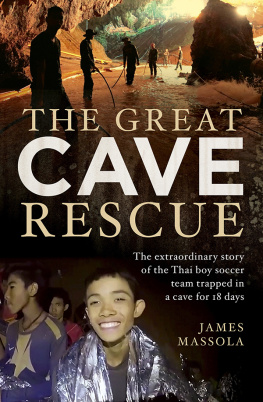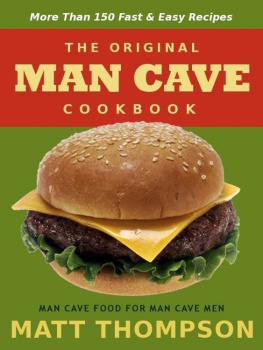Damien Cave - How the Australian Way of Risk Made My Family Stronger, Happier ... and Less American
Here you can read online Damien Cave - How the Australian Way of Risk Made My Family Stronger, Happier ... and Less American full text of the book (entire story) in english for free. Download pdf and epub, get meaning, cover and reviews about this ebook. year: 2021, publisher: Simon & Schuster Australia, genre: Home and family. Description of the work, (preface) as well as reviews are available. Best literature library LitArk.com created for fans of good reading and offers a wide selection of genres:
Romance novel
Science fiction
Adventure
Detective
Science
History
Home and family
Prose
Art
Politics
Computer
Non-fiction
Religion
Business
Children
Humor
Choose a favorite category and find really read worthwhile books. Enjoy immersion in the world of imagination, feel the emotions of the characters or learn something new for yourself, make an fascinating discovery.

- Book:How the Australian Way of Risk Made My Family Stronger, Happier ... and Less American
- Author:
- Publisher:Simon & Schuster Australia
- Genre:
- Year:2021
- Rating:5 / 5
- Favourites:Add to favourites
- Your mark:
- 100
- 1
- 2
- 3
- 4
- 5
How the Australian Way of Risk Made My Family Stronger, Happier ... and Less American: summary, description and annotation
We offer to read an annotation, description, summary or preface (depends on what the author of the book "How the Australian Way of Risk Made My Family Stronger, Happier ... and Less American" wrote himself). If you haven't found the necessary information about the book — write in the comments, we will try to find it.
Damien Cave: author's other books
Who wrote How the Australian Way of Risk Made My Family Stronger, Happier ... and Less American? Find out the surname, the name of the author of the book and a list of all author's works by series.
How the Australian Way of Risk Made My Family Stronger, Happier ... and Less American — read online for free the complete book (whole text) full work
Below is the text of the book, divided by pages. System saving the place of the last page read, allows you to conveniently read the book "How the Australian Way of Risk Made My Family Stronger, Happier ... and Less American" online for free, without having to search again every time where you left off. Put a bookmark, and you can go to the page where you finished reading at any time.
Font size:
Interval:
Bookmark:
This book could not have happened without the person to whom I am always most grateful my wife, Diana. No one I have ever met is a bigger adventurer or more adaptable. Her insights, patience and lived experience were invaluable, and she offered the very best advice that any anxious creator could receive: just keep going.
My kids, Balthazar and Amelia, were the books spark. They taught me so much about risk and resilience while putting up not just with my constant pushing and failures, but also with all the weekends and nights when Dad was once again stuck in the bubble writing. I hope they nonetheless look back on this time and their experiences with the pride that comes from a job well done, and well documented. I hope this book captures some of their wit and wisdom.
A special thanks goes to Jeffrey Gettleman, who on a hike through the hills of Hong Kong encouraged me to tackle a book when I was still uncertain about trying. He is one of many colleagues at The New York Times who have been a constant source of inspiration with their own acts of journalistic bravery. Since this book is, in some ways, a love letter to a life of foreign correspondence, I should also thank the first person who sent us overseas Susan Chira. If she hadnt taken a chance on posting Diana and me to Baghdad, my thoughts about risk would have never gone anywhere. Same goes for Lydia Polgreen, Michael Slackman, Jodi Rudoren and Joe Kahn if they hadnt all supported our move to Sydney, well, there would be no Into the Rip.
In Australia, our neighbours Andy Kuper and Bassina Farbenblum opened their doors and hearts to us from the moment we arrived. To our friends in the water the Nippers crew, the Bondi regulars surfing with a smile, the Lets Go Surfing instructors, the Waverley Council lifeguards, and of course all the dedicated members of the Bronte Surf Club thank you for modelling and sharing the benefits of ocean life. If we conquered a few of our fears or reduced our selfishness just a little, and if this book helps others do the same, then its in large part due to the small acts of bravery that we witnessed and tried to adopt alongside those we met in our own community.
There were also the Australians further afield who helped me understand this very big country, from the volunteer firefighters and farmers to the novelists, from the oceanographers and historians to the dads of the Bronte Bubble and the oft-defeated Buzzcocks. Im grateful to them for putting up with all my questions.
I spoke to many more experts than I was able to quote in these pages. Im grateful to everyone who helped me chew over the past and present era of risk studies. Im also deeply grateful to all the people in Christchurch who opened their lives to me and helped me see the power of trust in recovery from trauma. Alta, Jul, Roes: may peace always be upon you.
Elias Altman, my agent in New York, has been a patient partner through the entire process. The team at Simon and Schuster Australia, especially Ben Ball, provided calm and level-headed guidance at all the moments when I needed it most. My first crop of readers, Michael Luo, Andy Kuper and Andy Parsons, gave me the constructive critiques I needed. Many others did the same a little later down the line.
And finally, I want to thank my parents. My mothers life was messy but filled with the kind of creative risk-taking in music and art that somehow still inspires. My stepmother took a big chance on us when my father was a struggling single parent. Her disciplined strength saved us both. And Dad? What can I say about the brave soul who drove cross-country with his young son to start a new life, about the runner and newspaper-loving storyteller who always pushed me to do for work what I would want to do for free? Thank you. Yes, we have often disagreed, as parents and children do but as this book hopefully shows, its the hard work of love, boldness and connection that counts.

Author photograph: New York Times
DAMIEN CAVE has worked for the New York Times since 2004. He and his wife, Diana, were finalists for the Pulitzer Prize in international reporting in 2008 with a team in Baghdad, when covering the Iraq war. Australia Bureau Chief since 2017, hes travelled extensively in the country and the region. He lives in Sydney with his wife and two children.

www.simonandschuster.com.au
www.SimonandSchuster.com.au/Authors/Damien-Cave
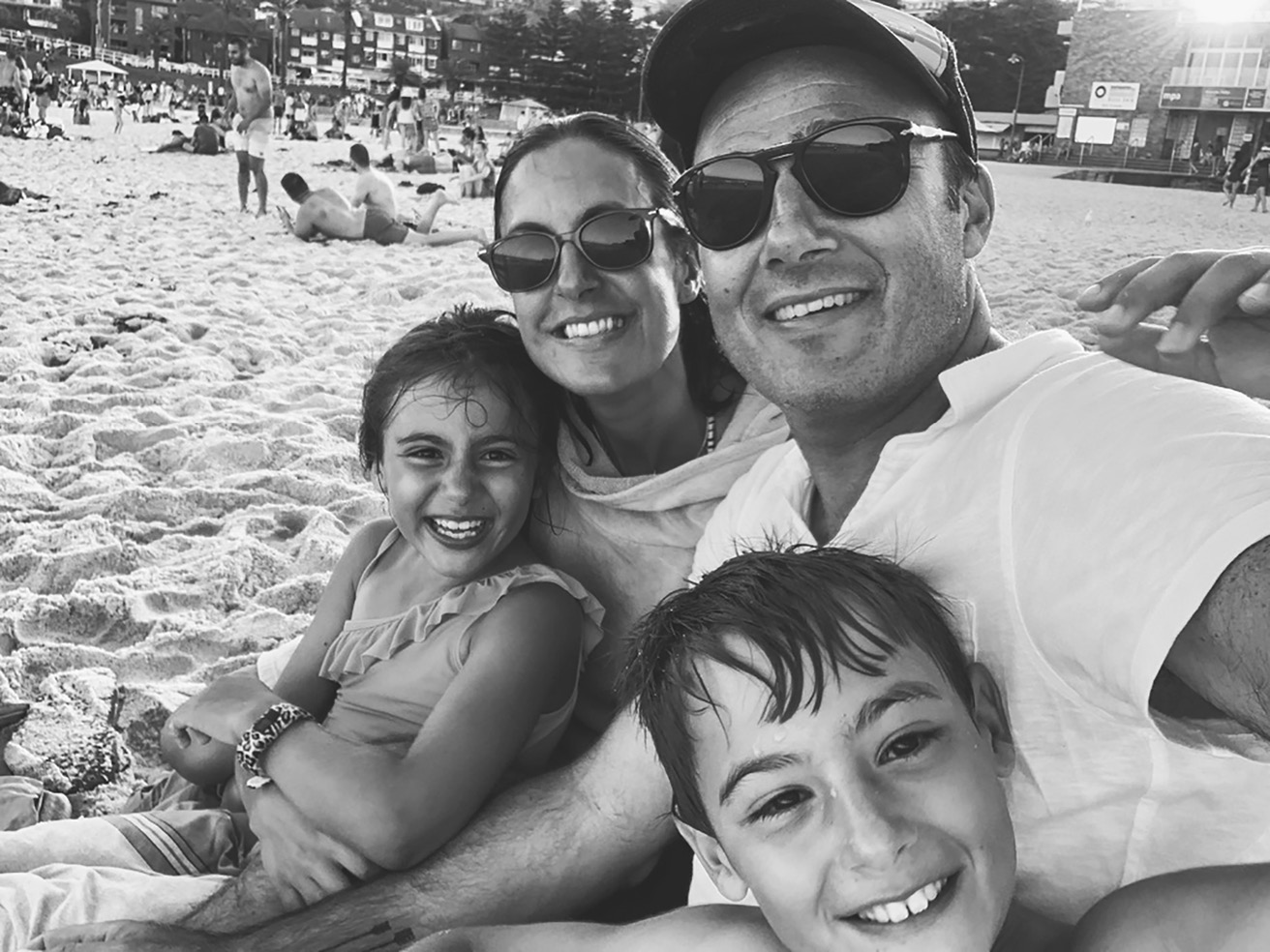
A history of risk; Pascals Triangle; too much pathological prudence?
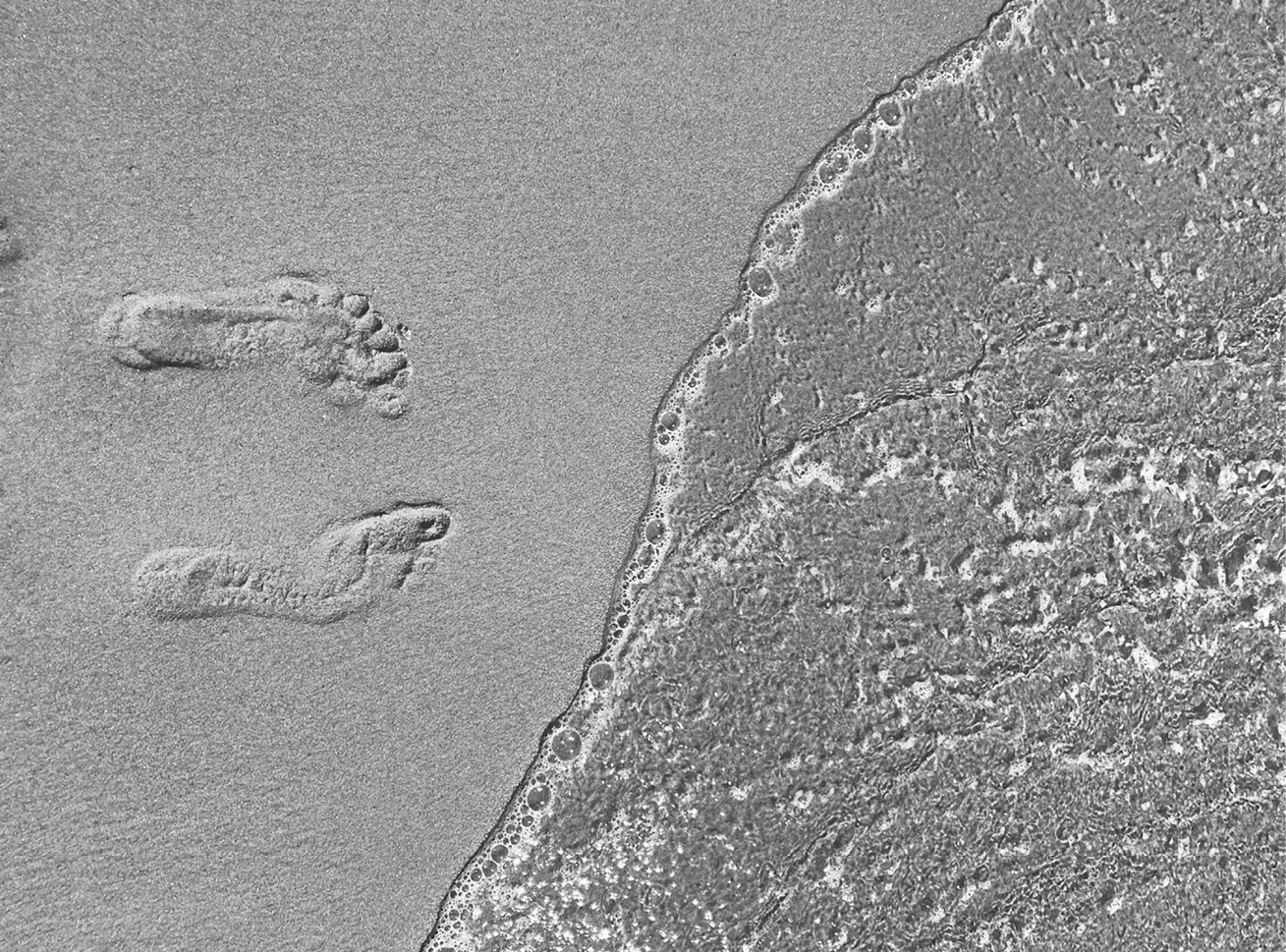
T he Nippers swim assessment took place on a cool spring day, warm in the sun, freezing in the shade, on the campus of an all-girls Anglican school in what felt like an Australian secret garden. It was a world unto itself and entirely unfamiliar. Even before we found a parking spot, I could see a flood of families with swim-ready children in tight Speedos rushing towards a narrow stairway that seemed to cut through a brick wall covered in foreign flowers.
I paused at the entrance with Diana, Baz and Amelia to let the foot traffic ease. I could hear splashing and squealing from the outdoor pool. The parents looked like theyd come from a schooner. One, two, three sets of mothers and fathers walked past, their stomachs too flat, their straw hats too stylish, their chatter routine as if it was entirely normal to have hundreds of children swimming outside three months before the summer.
Find our people, Diana had said when I came to Sydney for the first time to find a place to live. Were these our people?
I had my doubts. At the pool, my first impression was harder to deny: no, they were not our people. The bodies there lacked the middle I brought with me from New York. Little things everyone had, like towel ponchos, Id never seen before. Just the range of goggle styles and swimsuit colours astounded me. No wonder they called them costumes, or what was the Sydney abbreviation again cossies?
I stood there in a daze, confused, intrigued and nervous. We had the wrong clothes, the wrong accents and we were clearly out of our comfort zone. Diana, the family introvert who nonetheless managed everything, stretched into the gap. She immediately found someone she knew Woz, Amelias Nippers coach, a bearded bear of a man with a daughter the same age as Amelia, who had just turned seven. He was wearing a green sun visor and a white moisture-wicking shirt that identified him as an age manager, a phrase I would have otherwise associated with geriatrics. But in a weird twist of fate, for Diana, he was an old friend; shed known Woz twenty years ago, during her semester studying in Sydney. Wed been to his house for dinner a few nights earlier.
Can she swim 100 metres? Woz asked. We all looked at Amelia, the unpredictable, often-stubborn baby of the family in a rainbow bathing suit. Four laps of the pool. She shrugged, jumped in and started swimming. Up and down she went, her little body twisting and splashing.
Aw shes gonna be fine, Woz said. She finished easily.
Her older brother by seventeen months, Baz, short for Balthazar, was next. He had to swim 150 metres, two more laps than his sister. We figured hed be fine. Hed taken swimming lessons when we lived in Mexico. The day he turned four, he rode a bike on two wheels the first time he tried. His strong little body always seemed to work well with a physical challenge.
Font size:
Interval:
Bookmark:
Similar books «How the Australian Way of Risk Made My Family Stronger, Happier ... and Less American»
Look at similar books to How the Australian Way of Risk Made My Family Stronger, Happier ... and Less American. We have selected literature similar in name and meaning in the hope of providing readers with more options to find new, interesting, not yet read works.
Discussion, reviews of the book How the Australian Way of Risk Made My Family Stronger, Happier ... and Less American and just readers' own opinions. Leave your comments, write what you think about the work, its meaning or the main characters. Specify what exactly you liked and what you didn't like, and why you think so.

